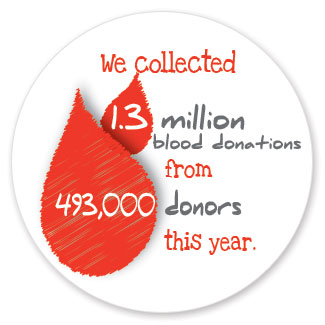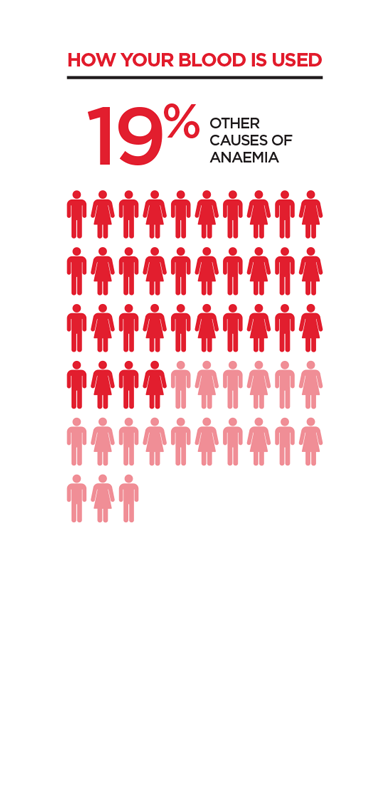
American Red Cross Blood Donation Australian Red Cross PNG, Clipart, American Red Cross, Australian Red Cross,

AUSTRALIAN RED CROSS BLOOD DONOR CENTRE - 93 Joondalup Dr, Edgewater Western Australia, Australia - Yelp

Australian Red Cross Lifeblood - We need 6800 additional blood & plasma donations between Christmas and New Year to avoid life-saving blood stocks running low. With many donors expected to travel, and

Blood Donation American Red Cross Heart PNG, Clipart, American Red Cross, Area, Australian Red Cross, Australian

UniLife - DONATE BLOOD! The Australian Red Cross Blood Service is coming to Southern Cross University on the Gold Coast Campus. When? Wednesday 28th of September!!! If you are a SCU student















